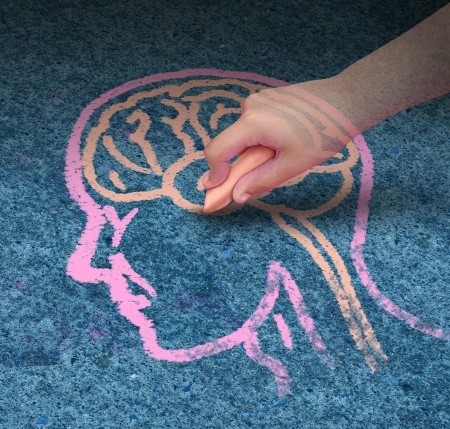
I realize many of you want no part of using drugs with kids whose parents have divorced or children who have experienced some sort of trauma. However, the drugs or chemicals I’m introducing here today will help you and make your ministry more effective when you use them. They are all natural, legal, and free.
These four drugs have the ability to
- Affect attention/rewards
- Encourage affirmation
- Increase trust
- Help with stress management
Interested yet?
God has wired our brains to access these drugs and chemicals. Stress can affect the production and efficiency of some of them. Understanding these drugs will assist you in being an effective leader to children of divorce who are stressed and hurting.
Charles Stone does an excellent job of explaining these drugs and has given me permission to share his information. Charles says that basically, there are two kinds of chemicals: the neurotransmitters that travel in our brain’s neurons or cells and the hormones that flow through our blood.
The four significant body–brain chemicals that can help when ministering to the child of divorce and any child in trauma, for that matter, are:
Dopamine: a neurotransmitter involved in attention and rewards. When you learn something new or check something off your to-do list, dopamine gives you a nice pleasurable feeling.
Serotonin: the neurotransmitter the brain releases when we feel pride in our work. When someone compliments you on a task you did or a talk you gave, that feel-good sense comes from serotonin.
Oxytocin: the neurotransmitter/hormone called the trust hormone. When we feel safe and secure around another person and that we belong, this chemical is released and makes us feel good.
Cortisol: the stress hormone. We need this hormone to respond to the stresses in life. But under prolonged stress, too much cortisol can damage our cardiovascular system, suppress our immune system, and diminish cognitive functions, such as memory.
How to leverage these chemicals
- Dopamine (attention/rewards)
- Help children set goals. Research shows that when children can set a goal and then check it off upon completion, it raises their dopamine levels. This is why many classrooms have kids write out their goals for the day or the week.
- Eye contact and gentle touches help create connections that feel-good sense and raise dopamine levels.
- Pam Schiller, in Start Smart, says, “The brain pays closer attention to things that don’t fit established patterns, things that are new and different (novel).” In other words, use novel ideas, such as taking the class outdoors one day, making pictures, or playing with puppets, to get a point across.
- Serotonin (affirmation)
- Children who suffer abuse or emotional upheavals appear to have lower production of serotonin. This chemical in the brain affects our emotional states.
- When a child’s voice gets louder, the child is getting aggressive due to low serotonin.
- Stretching lowers stress, thus raising serotonin.
- Mastering a challenge helps a child’s serotonin level.
- Creating a feeling of family with close bonds aids in serotonin production.
- Activities and classrooms that say “I’ve got this; I can do this” help a child feel good due to increased serotonin levels.
- Competition and reward systems only serve to diminish brain function (Dr. Becky Bailey, Conscious Discipline).
- Oxytocin (trust)
- Look for ways to build trust levels with the child of divorce.
- Provide safe places for children to increase trust levels.
- Spend time with the kids, so strong relationships can be built.
- Cortisol (stress management)
- Breathing from the diaphragm helps children de-stress.
- Doing physical activities that cross the midline (elbow to knee) and cross laterally (right hand to left shoulder) have the ability to calm a child.
- Use rhythmic activities, such as praise songs with a strong beat.
What are ways you can “leverage” these drugs in your environment and with children of divorce?
This article is updated and adapted from an article originally published on the Kids & Divorce blog on May 21, 2014.
DC4K blogs posts are great to use for training children’s leaders and volunteers and they are free. Subscribe to the DC4K blog here.
Want to learn more about how to start a DivorceCare for Kids group for the hurting children in your community? Click here.
Did you know DC4K blog articles are on Pinterest? Divorce & Kids, Children’s Pastors, Single Parents, etc. It’s all there. Check it out here
Follow Linda on Twitter, dc4klinda










Wonderful material, Linda. All divorced parents should be made aware of these body-brain chemicals. Thanks for sharing!
Thanks Rosalind. Please pass this onto any parent or children’s minister so they can help children of divorce heal.
Yes, certainly will. I encourage you to post it on LinkedIn on my Child-Centered Divorce Group
Will do. Thanks